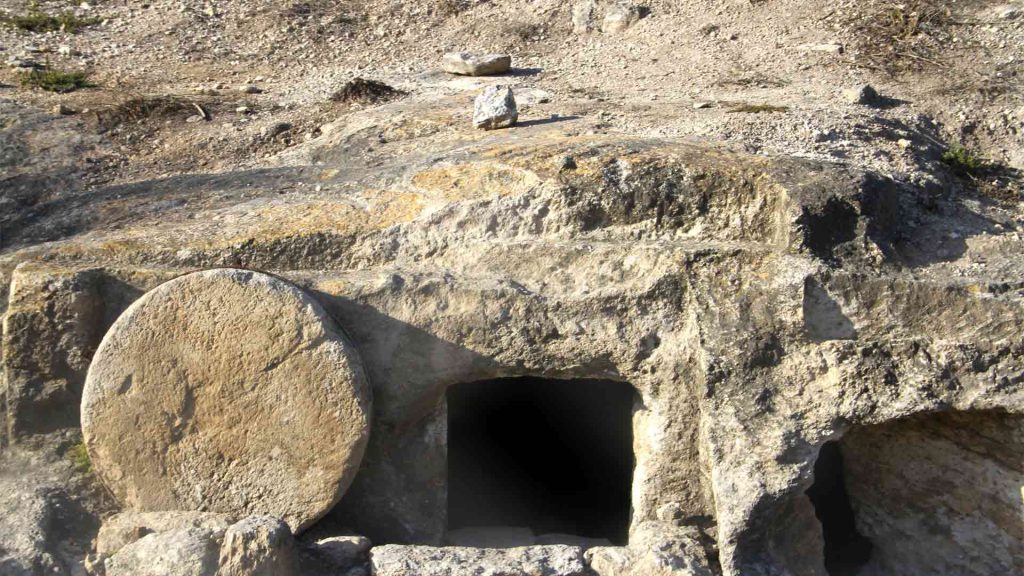If asked, “Where were you on the morning of September 5, 1996?” You would probably not be able to answer. But if you were asked the same question for September 11, 2001, you would likely have a story to tell. Also, you could probably give relatively accurate details about that morning. Sure, you would not remember every detail. Your recollection of the events would differ from mine or five others asked the same question. But key aspects of that morning and the rest of the day would corroborate.
I don’t remember everything about 9/11/01. But I remember it was a clear, sunny morning in New York City. I remember watching on live television as a plane flew into one of the Twin Towers in Manhattan, as smoke billowed from the other tower, where a previous plane had struck minutes before. I remember watching the towers fall. I remember calling my dad at work to tell him that the World Trade Center buildings had collapsed. He argued with me on the phone and told me I must be mistaken. I remember that there were no planes in the sky that day and that everyone I spoke to was shocked and stunned. I remember President George W. Bush standing on the rubble at Ground Zero a few days later, saying through a bullhorn, “I hear you, the rest of the world hears you, and the people who knocked down these buildings will hear from all of us soon.” That may not be an exact quote, but I’m sure it is pretty close.
How do I remember these details? How can you remember many of the same details and account for them with relative accuracy?
Indeed, memory is not perfect. Indeed, we cannot recall any date at random and accurately relate all that happened on that day. But there are momentous occasions and events that stand out to us, and though we cannot give a play-by-play report of every detail, we can give a valid account of the event in question. What’s more, when we have multiple independent testimonies of an event in a relatively short period after the event has happened, we can have greater confidence that the event took place.
History relies upon memory. And while memory is not perfect, we still trust and value historical accounts to help us remember—and learn from—what has taken place in the past. Especially the accounts of eyewitnesses. Especially when there are multiply attested independent accounts. Even when those accounts are dissimilar. These are the very things that scholars cite when they speak of the historicity of the Gospels.
The canonical gospels of the New Testament are dissimilar, multiply attested independent accounts of the life, ministry, death, burial, and resurrection of Jesus of Nazareth. Though they were not recorded immediately after the events, they provide clear evidence that the most important aspects of the story of Jesus were remembered and recounted by eyewitnesses within a very short period following the events.
Historians like Dr. Gary Habermas and Dr. Michael Licona, are experts in the study of the historicity of the Gospels. When assessing the authenticity of the accounts, they point to several early traditions and creedal statements in the New Testament book of Acts and the epistles that summarize the core claims about Jesus within just a few years of his death and resurrection. They highlight that the early crystallization of these traditions suggests that the central facts about Jesus’ life were relayed by eyewitnesses very soon after the events took place. And while the four Gospels represent fuller accounts recorded later, their core details align with and elaborate on the central theological details and traditions about Jesus that took shape immediately following His ministry.
One of the key passages that is often citied by Habermas, Licona, and other apologists is Paul’s witness to the resurrection in his first epistle to the Corinthians, written around 55 AD. There we read:
1 Moreover, brethren, I declare to you the gospel which I preached to you, which also you received and in which you stand, 2 by which also you are saved, if you hold fast that word which I preached to you—unless you believed in vain.
3 For I delivered to you first of all that which I also received: that Christ died for our sins according to the Scriptures, 4 and that He was buried, and that He rose again the third day according to the Scriptures, 5 and that He was seen by Cephas, then by the twelve. 6 After that He was seen by over five hundred brethren at once, of whom the greater part remain to the present, but some have fallen asleep. 7 After that He was seen by James, then by all the apostles. 8 Then last of all He was seen by me also, as by one born out of due time.
1 Corinthians 15:1–8 (NKJV)
The above passage was penned by Paul within 25 years of the resurrection. From this passage we discover that the message about Jesus’ death and resurrection was accounted as a theologically important gospel (that is, good news) message, almost immediately after the events therein took place. It was a message that was preached by eyewitnesses and circulated and received widely within the Greco-Roman world of the first century. Within the same passage, Jesus of Nazareth is referred to as Christ (i.e., the anointed one) and Lord (v. 31). It is noteworthy that an eyewitness (the Apostle Peter) shared the same message, theology, and titles for Jesus, within two months of Christ’s crucifixion, as presented by Luke in Acts chapter 2. The eyewitness testimony and theology remained consistent from the earliest days that it was proclaimed (~33 AD), until it was recounted by Paul (~55 AD), and then later recorded in the narrative accounts of Jesus’ life, that we know of as Matthew, Mark, Luke, and John.
When historians assess the evidence using normal historical methods, the core truths if the Christian faith are revealed to be authentic. The specific details recorded in the Gospels may be challenged and questioned by critics, but the essential elements are quite clear. If an eyewitness were asked 25 years after Jesus’ death, “Who was Jesus of Nazareth?” they would likely respond that he was executed by crucifixion and buried in a tomb, yet rose from the dead three days later and appeared alive to many. Through His miraculous life, death, and resurrection, Jesus demonstrated His divine nature and authority as Lord and Christ. Though specifics may be questioned, the historical evidence affirms that Jesus was indeed the Son of God whose life, death, and resurrection form the foundation of the Christian faith.
Photo by Hayley Catt on Lightstock

Miles is the senior pastor of Cross Connection Church in North San Diego County, California. He serves as a board member at Enduring Word and Blue Letter Bible.
Miles has a master of divinity degree from Gateway Seminary in California, and is finishing a doctor of educational ministry at Southern Baptist Theological Seminary in Kentucky.
Miles and his wife Andrea have four children, two dogs, three rabbits, a tortoise, a chinchilla, a hamster, a cat, and a crested gecko.





Great analogy with 9/11, Miles. The question of the resurrection is a historical one, not a scientific one. We employ the canons of history, not science to determine if an event occurred. Science cannot prove that Abraham Lincoln lived – that’s a historical question.
My son was raised Christian-went to college rec’d 2 masters and works for the government. He now has turned a 180 degree and denies Jesus even existed. I have patiently spent hours speaking to him of archeological findings, logic behind people dying for a liar- given him facts on the Dead Sea scrolls as well as THE TRUTH ABOUT THR REAL JESUS and many others. His wife practices WICCA worshiping the creation and not the creator.He has my only six grandchildren. I have been praying for him day and night for years. He won’t listen to me so I have been praying God send someone else that he will listen or whatever it takes to bring him back. My prayer is if God can change the heart of kings like the direction of the rivers – He can change my son. Isn’t there some kind of scripture if God saving and blessings for generations? Do you have any encouraging words and/or scriptures concerning this. I can’t stand the thought of my son and family being lost forever.
Your doing the best thing, keep praying and watch God change things, I believe his wife will bring him back to God.